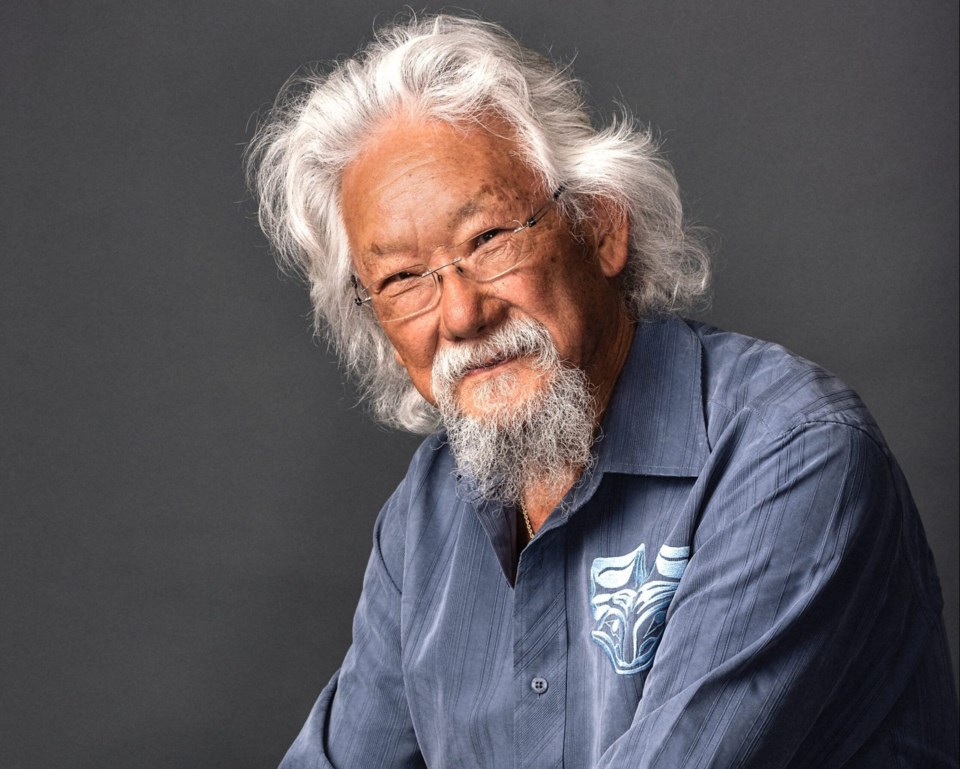Greenpeace was in 1971. It has since become an international force, campaigning and advocating for environmental sanity on . I’m a proud supporter.
Like all environmental and social justice organizations, Greenpeace has made mistakes and faced backlash over the years. That in itself isn’t a problem. Healthy debate is essential to a functioning democracy. But we’re now seeing growing efforts to criminalize and bankrupt people and organizations working for a better, safer, cleaner world.
In a new low, a North Dakota jury recently decided Greenpeace after the $70 billion company sued over demonstrations against the Dakota Access pipeline in 2016 and 2017, arguing that Greenpeace incited people to protest through a “misinformation campaign.”
Greenpeace raised concerns about the ability to get a fair trial in oil and gas country () and stated that such corporate actions are aimed at “destroying the right to peaceful protest.” The organization plans to appeal.
“What we saw over these three weeks was Energy Transfer’s blatant disregard for the voices of the Standing Rock Sioux Tribe. And while they also tried to distort the truth about Greenpeace’s role in the protests, we instead reaffirmed our unwavering commitment to non-violence in every action we take,” Greenpeace senior legal adviser Deepa Padmanabha said.
The 1,900-kilometre Dakota Access pipeline moves fracked oil from North Dakota’s Bakken region to an oil terminal in Patoka, Illinois, where it connects with other pipelines to refineries. It goes through four states and under the Missouri River at Lake Oahe, less than a kilometre from the .
Protests against the proposed pipeline began in 2016, when members of the Standing Rock Sioux Tribe, and gathered to defend water and cultural resources, claiming they weren’t consulted before the Army Corp of Engineers granted permits. Thousands of supporters — including more than 300 Indigenous nations, politicians, environmental and civil rights groups and celebrities — joined them.
Things soon turned ugly. Armed soldiers and police, along with pipeline company security forces, used attack dogs, tear gas, water cannons and concussion grenades to stop the land and water defenders from hindering construction — even in below-freezing temperatures.
In late 2016, the across Lake Oahe pending an environmental assessment and consideration of alternative routes. But on taking office in 2017, President Donald Trump — who and received generous campaign and inauguration donations from the company’s CEO — ordered the Army Corp to expedite the easement. Construction was completed and oil started flowing in 2017.
Beyond its impacts on water and Indigenous rights, the pipeline carries a year when refined and burned. that could be 3.5 times higher if methane and nitrous oxides were considered.
Energy Transfer wants to increase pipeline capacity, driving up emissions and rupture and spill risks. A found the company and its subsidiaries have experienced numerous incidents over the years, contaminating land and water throughout the U.S.
Although Greenpeace argues it wasn’t heavily involved in the Standing Rock issue, and provided assistance at the request of the Standing Rock Sioux, the environmental group is clearly seen as a threat to oil and gas interests and is a high-profile target for increasingly common efforts to silence opposition.
From Standing Rock to Wet’suwet’en territory in British Columbia and beyond, militarized law enforcement agencies are relying more often on use of force against land and water defenders, and companies are resorting to tactics such as (“strategic lawsuits against public participation” designed to silence opponents through costly, time-consuming legal processes). Those working to protect land, air, water, plants and animals and our future face an increasingly uphill battle.
The lawsuit against Greenpeace is an attack on the right to protest and speak freely. It won’t be the last. We should all stand with Standing Rock, and with organizations such as that are working for people and the planet and holding the line against the destructive fossil fuel industry.
David Suzuki is a scientist, broadcaster, author and co-founder of the David Suzuki Foundation. Written with David Suzuki Foundation Senior Writer and Editor Ian Hanington.
Learn more at .




